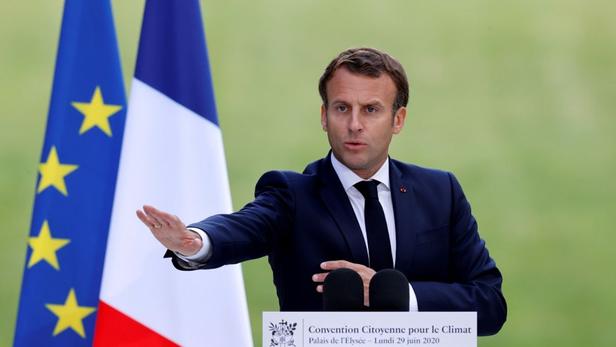The term “direct democracy” could have two meanings that are a-priori distinct but are often conflated in discourse. The first meaning is: a system in which all group members are directly involved on an equal basis in all important decision making. The second meaning is: a system which employs certain devices, notably votes on legislation, involving a formal equality among citizens, and which avoids formal delegation of authority. Since the two meanings are not the same and since the first meaning is by definition a form of democracy, I’ll use “direct democracy” to mean the former. The second meaning I’ll call “non-delegatory mass politics”.
In chapter 3 of Open Democracy Landemore makes her argument against the standard reformist idea that direct democracy can and should be achieved through non-delegatory mass politics. As Landemore mentions, this idea is quite common among anti-electoralist movements. The idea certainly has an intuitive appeal since non-delegation seems like the obvious antithesis of elections. Devoting time and space to a tight argument against this idea seems therefore like a well-justified effort. Beyond the intellectual value of such an argument, it serves a practical purpose as well in
paving the way for democrats to reconquer sites of real power by disabusing them of the notion that gathering in public spaces in large numbers marching against authorities, or letting popular social media personalities end up as de facto leaders is enough, or even all that democratic.
Accepting that democracy is always in some sense representative […], and indeed needs to be, would save a lot of these social movements from the sort of conceptual and practical dead ends that the Zappatistas, Occupy, the Indignados and other proponents of assembly democracy in the Arab Spring, in Turkey and elsewhere count not find a way out of. It would allow for the civic energy mobilized by these movements to be channeled into constructive decision-making beyond demonstrating and occupying and generally go from noise to signal. (p. 76)
Furthermore, recognizing that representation is inevitable will help stave off the danger that “under the guise of immediacy and spontaneity […] self selected groups [would] speak[…] in the name of the whole” (p. 76).
Landemore’s position, like her position regarding elections, is commendably principled and uncompromising:
It is simply not the case that democracy as a political regime can ever be truly direct even at the small scale of a city or a canton as opposed to being always mediated and based on some kind of political delegation of political authority. (p. 63)
[T]he possibility of direct democracy breaks down as soon as the group expands beyond a few hundred people. (p. 65)
[T]he interesting question is not: direct or representative democracy? But instead: What kind of representation should we favor? The real opposition is […] between more or less democratic forms of represntative rule. On one extreme, ordinary people actually get to rule […] (as in Ancient Athens); at the other extreme the representative system is open only to an elite few. […] Our contemporary electoral ‘democracies’ fall somewhere on this continuum and, arguably, rather close to the elitist, closed side. (p. 78)
Continue reading →
Filed under: Academia, Books, Mass action, Participation, Theory | 30 Comments »






 The British socialist newspaper The Morning Star has
The British socialist newspaper The Morning Star has 